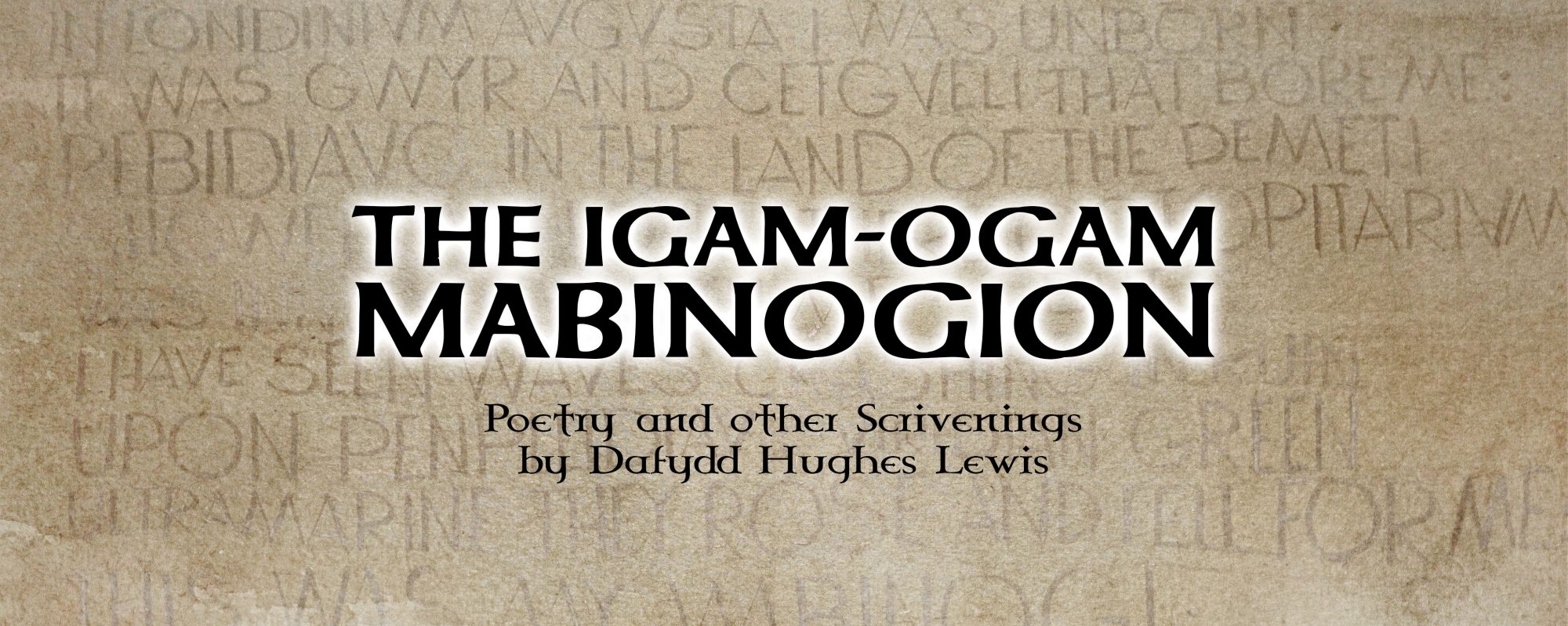Saint-Sulpice Strikes Three
A sudden fit of coughing
urged me out of sleep.
I tried my best to stem the thing
for fear you would wake.
Oh – how surely the sleeping mind,
in this lonely, captive hour,
and memory, and tricks of time,
conspire to bring you near …
I sigh, and try to grasp, again,
that you’re no longer here.
Saint-Sulpice Strikes Seven
You came to me again last night.
I saw you as you were;
your corn-gold hair that hadn’t changed
in all the passing years.
But when I spoke, as I dearly wished,
and would touch your lovely face – the vision broke,
and I was left in darkness and alone;
but seeking yet … with old regrets
that wouldn’t let me go.
Sounds of Night
There is a scratch-scritch-scratching
in the skirting-board at night.
Downstairs, a chair creaks of its own accord.
My midnight spider tap-tip-taps across
a loosened paper patch –
six thicknesses that cling and sag
on this old wall … Then comes
the silent age of night before rebirth.
Another dawn.
Something has scratched incessantly inside me,
gnawing at my soul, for long, long years.
My spirit creaks, contracting like
the old wood of my chairs.
If she would come tap-tapping at
my heart’s scarred wall
from all those distant plains of time gone by,
where memories are hinged,
some precious, some so cursed,
but each one living as it was, still, in my mind –
I would that very instant let her in,
and joyfully be hers.
From ‘Mysteries: Poetic Reflections on Womankind and Love’
Note: For context, see Roslin in The Igam-Ogam Mabinogion. The three poems above are intended to represent, as imaginative contemplation and in imitation of the found letter’s style, something of Bertran’s disquieting night-time visitations over the years of long separation.
The Saint-Sulpice mentioned is the great cathedral church of that name in Paris. I chose it simply on a personal whim, as I’ve always had a strong interest in the cathedral itself and in its namesake, St. Sulpice Severus, the first biographer of St. Martin of Tours, who got on so nicely with Magnus Maximus during that Emperor’s rule in the Late Roman West. In the 18th century the cathedral had a dangerously-constructed and therefore short-lived bell-tower, but never a clock. So the ‘Saint-Sulpice Strikes… ‘ of the poems is a continuation of this exercise in artistic licence. I suppose the ‘striking’ to be of a clock, anyway, which fits Bertran’s interrupted sleep very well; but largely on my mind were bells, too, and here I was influenced by Joris-Karl Huysman’s 1891 novel of the decadence, Là-Bas. His story is set contemporaneously, in the late 19th century, and there in the great spaces of the cathedral of Saint-Sulpice he has a fictitious bell-tower, and one Louis Carhaix, an old bell-ringer who loves his bells just as much as Quasimodo ever did. Huysmans’ description of the cold, eerie, and vertiginous spaces within the tower and the tremendous reverberation of the bells is superbly atmospheric. It may be seen, then, that I have domiciled Bertran a few miles to the south-east of Pontoise, where the letter to his Roslin was found.

Hauntingly poignant; absolutely beautiful.
LikeLiked by 1 person
Thank you, Jacydo. Much appreciated.
LikeLike
For me, personally, very, very moving. How things that are never quite forgotten are never quite remembered either. When you are young you want things you know little or nothing about. Then if you get any of them, not knowing results in you hurting yourself and others. It’s astonishing we don’t do even more damage, of every kind. Or perhaps we do, and can’t face it afterwards.
LikeLiked by 1 person
Thank you for this comment, Tuskar Rock. It’s heartfelt and penetrating indeed. It can be so difficult, over long periods of time, to realize the hurt we may have caused others, dear ones, or to disengage ourselves from thoughts of them.
LikeLiked by 1 person